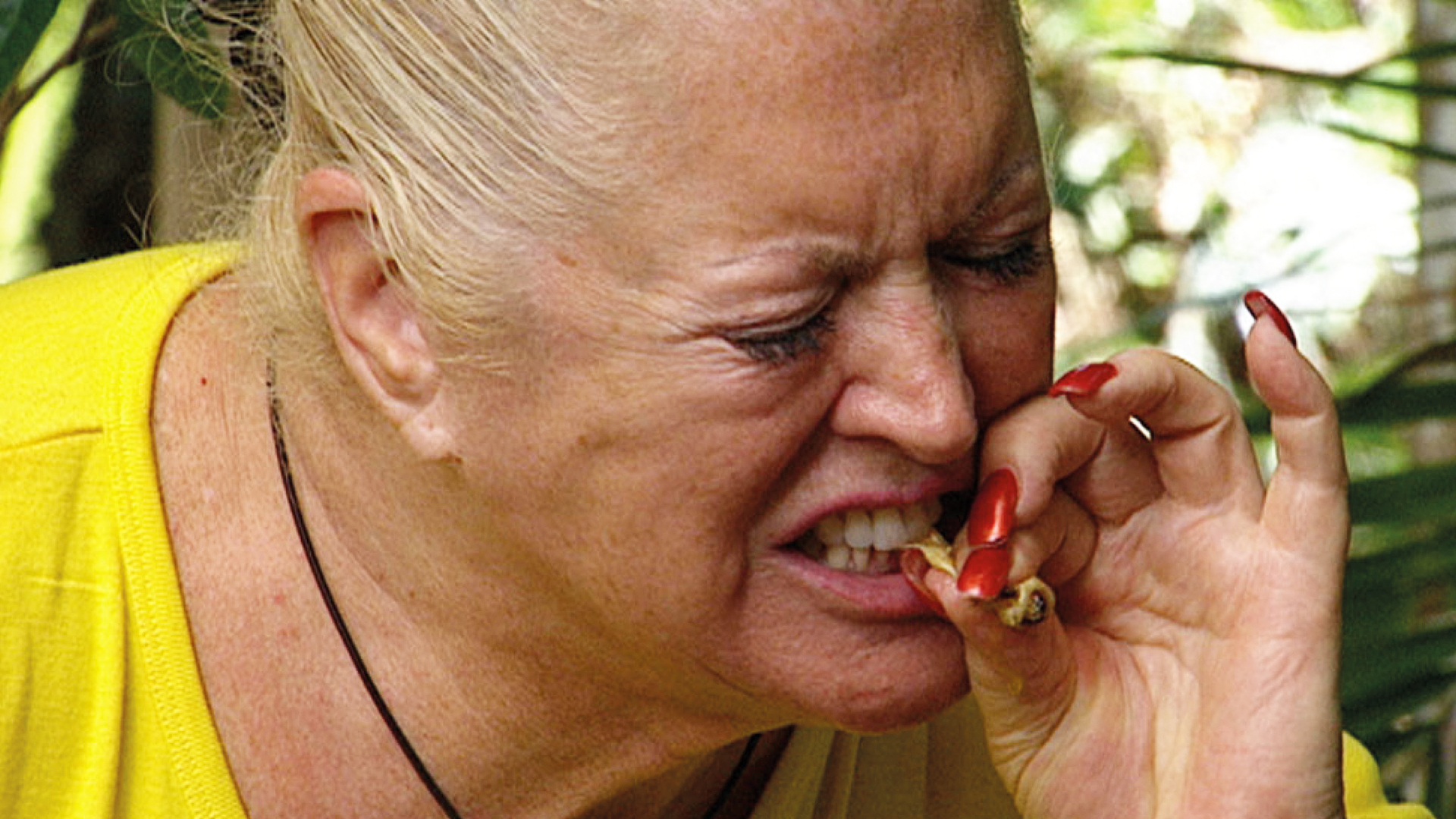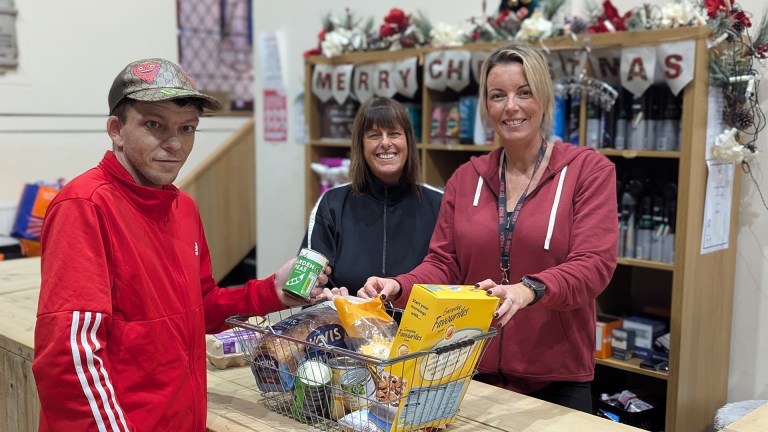“It just didn’t live up to the hype,” says Dustin Crummett, from The Insect Institute research organisation. “The media want sexy new ideas, but at scale, it hasn’t worked.”
“It’s a cautionary tale in many respects.”
Are bugs the future of food?
Two billion people around the world regularly eat insect protein. But insects are uncommon on Western menus. For a brief moment, it looked like that might change. In 2013, a United Nations paper – Edible insects: future prospects for food and feed security – went viral, downloaded 2.4 million times in 24 hours. Farming insects uses a fraction of the land, water and feed required for livestock, and generates far fewer damaging emissions. Crickets, for example, need 12 times less feed than cattle to produce the same amount of protein.
Read more:
The paper triggered a wave of positive coverage – and entrepreneurs got stuck in. By 2019, a third of Britons expected insect consumption to be commonplace by 2029. With Sainsbury’s selling roasted crickets, the future seemed inevitable. It wasn’t, says Crummett.
“People in societies without traditions of entomophagy, without traditions of eating insects, often find the idea really disgusting,” he says. “It’s already very hard to get people to give up meat… and so getting them to give up meat for insects, that they probably find off-putting, that they don’t know how to prepare, is really difficult.”
Advertising helps fund Big Issue’s mission to end poverty
The polling backs this up. According to research published in the Nature journal npj Sustainable Agriculture, as many as 91% of people in the US and Europe would be willing to try plant-based “alternative meats”. For insects, it’s about 20%.
YouGov polling from 2021 found that one in seven Brits would incorporate insects into their regular diet, and one in five would eat insect-infused food. Those aren’t terrible numbers. But they’re not enough to revolutionise the way people eat.
Fighting back?
Hesitation is something that Nahla Mahmoud, founder and director of Edinburgh’s The Insect Cafe, has encountered too – but she insists it’s not insurmountable. Her cafe serves baked goods made with crickets and mealworms, and she says that when people are introduced to the concept thoughtfully, the “ick” factor fades fast.
“Every week, we are out talking to people, testing the products, getting feedback, understanding what people need, just having long conversations, which is our market research.”
This was the mistake the industry made early on, she adds.
“There was a lot of hype at the beginning, and I think a lot of the early startups that got into it came from a tech background, with a lot of money and fantastic forecasts and projections of how things are going to look, without understanding how food systems work and how working with shifting public perception works. That’s a very long-term process.
Advertising helps fund Big Issue’s mission to end poverty
“They should have started with people, building the customer base and addressing people’s fears, rather than just building the tech and then being stuck trying to figure out why people aren’t adopting it.”
Red tape and retreat
The industry pushes back against the “yuck” narrative, attributing stalling momentum to regulatory hurdles.
In the UK, edible insects are governed by Novel Foods law, which means any new species must be formally approved by the Food Standards Agency before being sold.
After Brexit, the rules became confusing, so a temporary agreement in 2022 allowed only a few species – like house crickets and mealworms – to stay on the market while their safety reviews were completed.
“Pre-Brexit, we had in the UK seven insects that were approved and licensed to use,” says Mahmoud.
“Two years ago, they came down to four that are licensed.”
Advertising helps fund Big Issue’s mission to end poverty
For producers, such shifting goalposts make it nearly impossible.
The conspiracy
The edible insect industry – already fighting an uphill battle – has recently gained another enemy: right-wing conspiracy.
The ‘global elites’ are forcing the public to abandon meat in favour of bugs, according to a popular online theory peddled by conspiracists like Alex Jones.
In 2023, Nigel Farage warned that the World Economic Forum (WEF) wanted to force people to eat insects, saying, “I don’t want locusts for my breakfast.”
Across the Atlantic, anti-bug politicking has gone even further. Florida governor Ron DeSantis claimed his ban on lab-grown meat was “fighting back against the global elite’s plan to force the world to eat meat grown in a petri dish or bugs to achieve their authoritarian goals”. Montana lawmaker Braxton Mitchell echoed him, saying his own cultivated-meat ban was “punching back at the WEF’s plan to force the world to eat fake meat and bugs”.
Neither law had anything to do with insects. But “bugs” serve as a convenient shorthand – a way to make any non-meat alternative sound sinister and alien. But as the planet heats up, our food system needs to change. Agriculture and food supply chains account for about a third of global emissions.
Advertising helps fund Big Issue’s mission to end poverty
Mahmoud concedes that insects alone won’t save the planet. But they can still play a meaningful role in a more sustainable and localised food system.
“Small-scale diversified farms are better for insects, rather than having massive warehouses of insects and that’s the only thing being produced,” she says.
“It’s not insects versus any other alternative. It’s all the wholesome foods – including wholesome insects, wholesome vegetables – against the current system.”
For now though, bugs don’t look like the mainstream food of the future. You can’t disrupt a food system without persuading people to swallow your idea.
Do you have a story to tell or opinions to share about this? Get in touch and tell us more.
Change a vendor’s life this Christmas.
Advertising helps fund Big Issue’s mission to end poverty
Buy from your local Big Issue vendor every week – or support online with a vendor support kit or a subscription – and help people work their way out of poverty with dignity.






